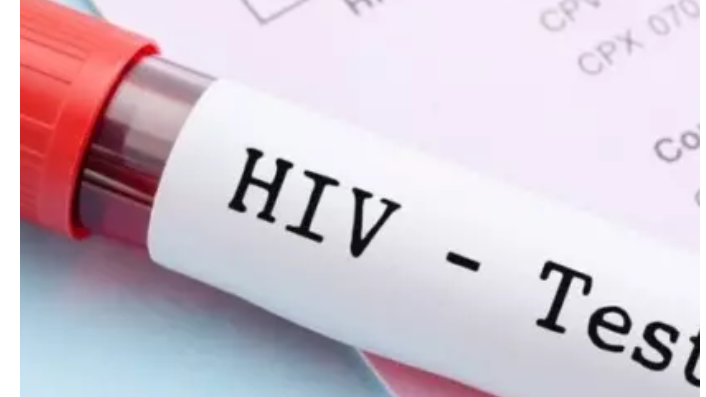A 2022 report from the Ghana Aids Commission indicates that an estimated 72,429 individuals in the Ashanti Region are living with Human Immune Virus (HIV).
Out of this population, only 26,006 are presently receiving Anti-Retroviral (ARV) medication at health facilities. This leaves a significant gap of 46,421 individuals who either do not know their HIV status or have defaulted on ARV treatment.
Deputy Ashanti Regional Focal Person for HIV/AIDS, Mr. Dennis Bandoh, revealed to the media that the region has experienced an increase in new cases, recording 4,618 additional cases by the end of the third quarter of 2023. This represents a 2.1 percent rise compared to the previous year.
HIV testing in the region is categorized into two groups: Prevention of Mother to Child Transmission (PMTCT), primarily conducted on pregnant women, and HIV testing services for non-pregnant women and men.

Mr. Bandoh provided further details, stating that 62,835 pregnant women were tested under the PMTCT category, with 681 testing positive. Additionally, 3,937 individuals tested positive out of 51,940 screened under the HIV testing services category.
“The key challenge we are facing is getting men to test voluntarily because men are mostly hesitant to check their status,” he noted.
Mr. Dennis Bandoh highlighted a common misconception among some males, noting that they believe if their pregnant wives or partners test negative for HIV, then they are automatically negative as well. He emphasized the importance of individual testing, as there have been instances where sexual partners had different HIV statuses without being aware.
Mr. Bandoh stressed the significance of early initiation of treatment, explaining that starting treatment promptly can prevent the progression of the virus to the AIDS stage. He urged individuals who test positive for HIV to seek treatment at health facilities convenient for them.
In terms of high-risk groups, Mr. Bandoh referred to literature and available data indicating that men having sex with men, female commercial sex workers, long-distance drivers, and uniformed men were among those most at risk for HIV.
“Most men in the gay community have sex with their partners without protection, thereby exposing them to the virus. Men in uniform and long distance drivers by the nature of their work are often deployed to work in places far from home and also in the night, exposing them to the temptation of having multiple partners and unprotected sex”, Mr Bandoh noted.
Mr. Dennis Bandoh discussed innovative strategies implemented by the Ghana Health Service to boost HIV testing rates. One such approach is index testing, wherein individuals who have tested positive for HIV are encouraged to recommend and bring in their close family members and sexual partners for testing.
Additionally, to further facilitate testing accessibility, HIV self-test kits have been made readily available in all health facilities.
